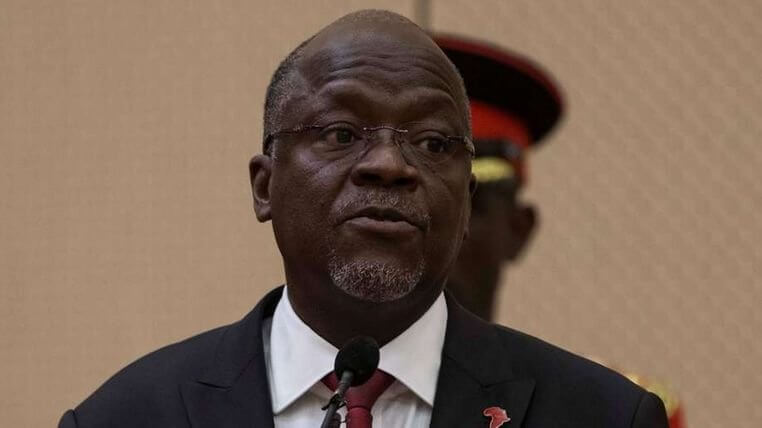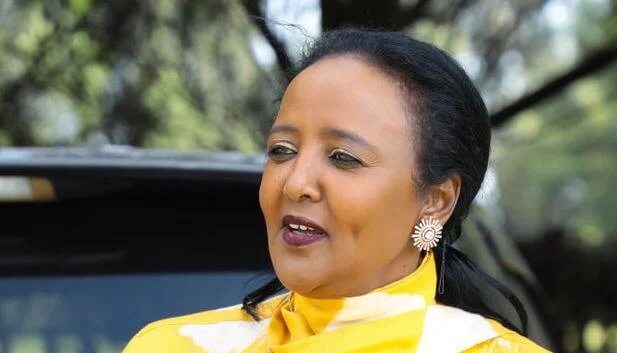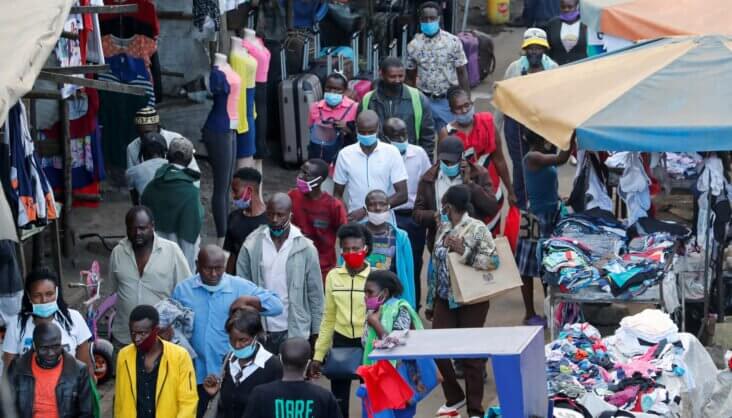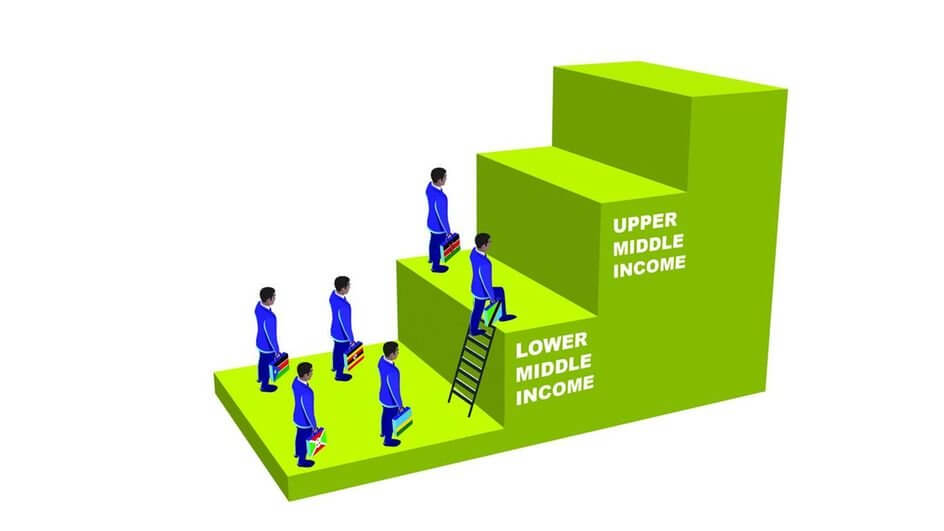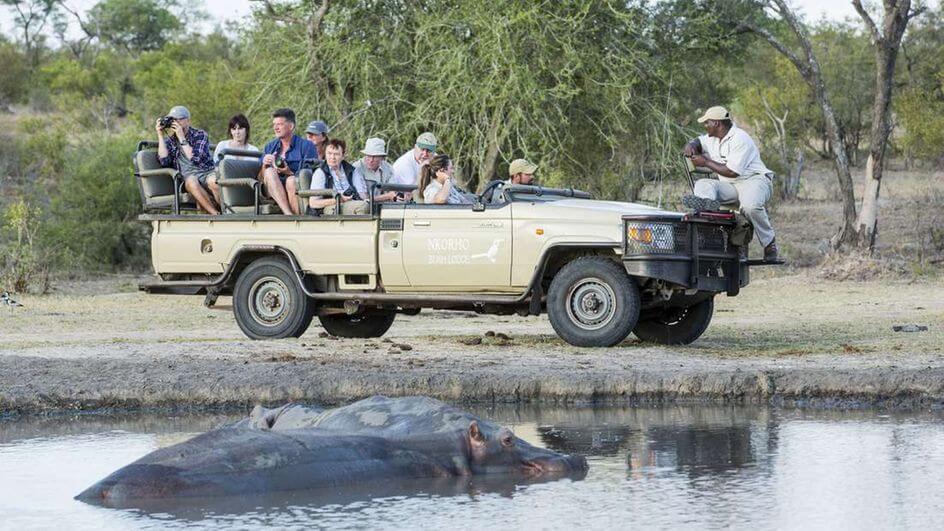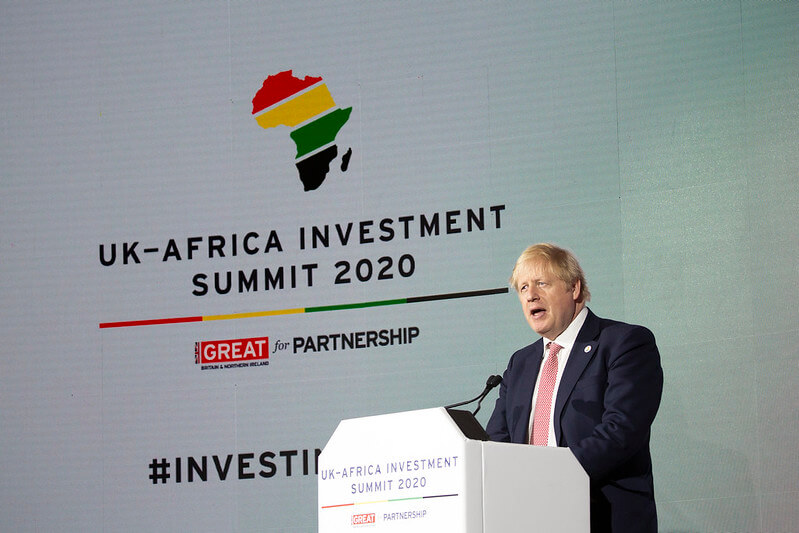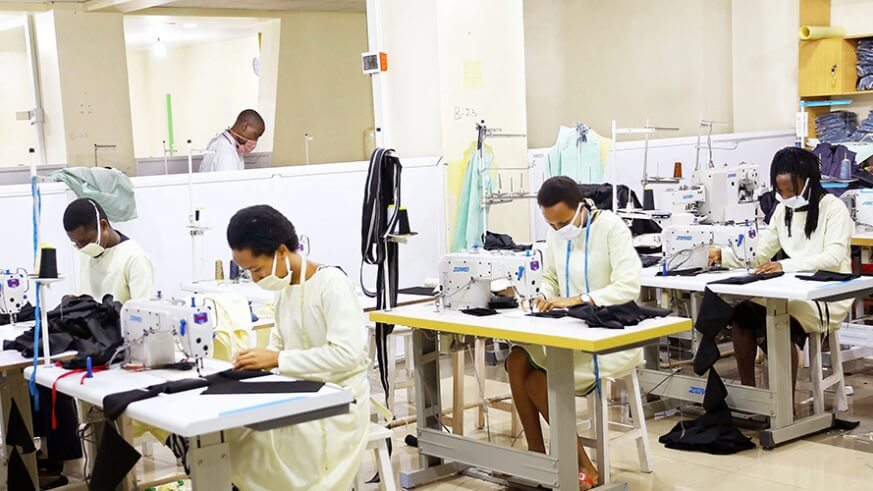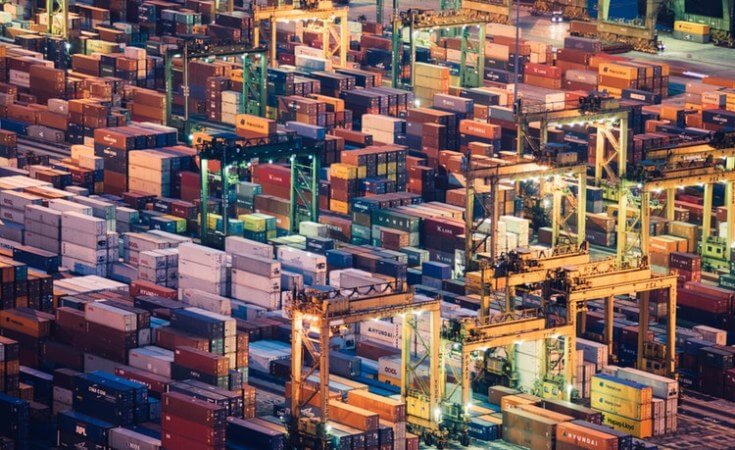Summary President Magufuli said the country was coronavirus-free thanks to prayers. He asked every local leader to use his or her capacity to be an ambassador for the rest of the world. Covid certificates will be available to both citizens and foreigners living in the country with plans to travel. After Tanzanian President John Magufuli declared the country free from Covid-19, the government has now issued new guidelines for obtaining coronavirus clearance certificates. The certificates will be available to both citizens and foreigners living in the country who plan to travel to countries where the documents are required. According to a statement issued by Minister for Health Ummy Mwalimu, the fee for screening is Tsh40,000 (about $17.26) for Tanzanians, Tsh60,000 (about $25.90) for foreigners who are residents and $100 for visitors in the country. In a statement released to the media, she said that travelers who have a Covid-19 clearance certificate will only be seen to be legal after it is stamped and verified electronically. “The procedure for obtaining the certificate is clear, the screening results will be taken to the regional chief medical office and issued within 72 hours for those who don’t have the infection and their names sent to the borders for verification,” she said. The tests can only be obtained at the regional hospitals and not otherwise. The regional chief chemist’s office will supervise the screening at the national laboratory and the traveler will be informed on the need to test five days before day of travel because the certificate is...
After declaring Tanzania virus free, State to now issue Covid certificates
Posted on: July 24, 2020
Posted on: July 24, 2020

